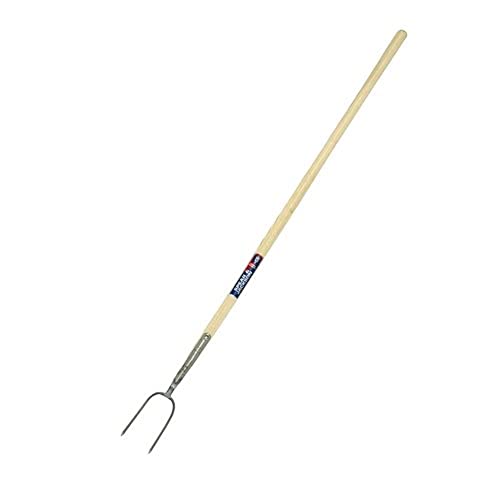Position the fork correctly
When it comes to storing a fork, the first step is to position it correctly. It is important to place the fork in a way that prevents damage and keeps it in good condition. The best position for storing a fork is to lay it horizontally. This ensures that the tines, or the prongs, are not bent or damaged. By laying the fork horizontally, you also prevent any pressure or weight on the tines, which could cause them to bend or break.
Use a cloth or a case
To further protect your fork while storing it, consider using a cloth or a case. Wrapping your fork in a soft cloth or storing it in a case can provide an extra layer of protection. This prevents scratches and keeps the fork clean and dust-free. Ensure that the cloth or case is made of a soft material that won’t scratch the surface of your fork, such as a velvet or microfiber cloth.
Avoid storing with other utensils
When storing your fork, it is important to avoid keeping it with other utensils. Keeping forks, knives, and spoons together can cause them to scratch against each other, leading to damage. If possible, store your fork separately in a dedicated compartment or compartmentalized storage tray. This helps to prevent any unwanted contact between utensils and minimizes the risk of damage.
Keep it away from extreme temperatures and humidity
Extreme temperatures and humidity can negatively impact the quality and condition of your fork. It is essential to store your fork in a cool, dry place to prevent rusting or warping. Avoid storing it in areas that are prone to moisture, such as your kitchen sink or dishwasher. Additionally, avoid exposing your fork to direct sunlight or heat sources, as this could cause discoloration or structural damage.
Regularly clean and maintain your fork
Another key aspect of properly storing a fork is to regularly clean and maintain it. Before storing your fork, make sure it is clean and free from any food residue. Hand wash it with warm water and mild dish soap, then dry it thoroughly with a soft cloth. By keeping your fork clean and well-maintained, you will prevent any stains, corrosion, or build-up that could affect its quality over time.






